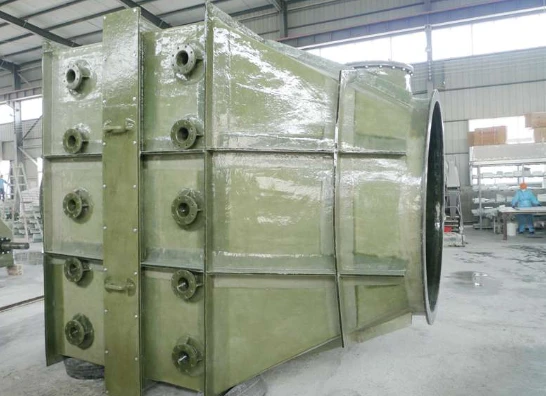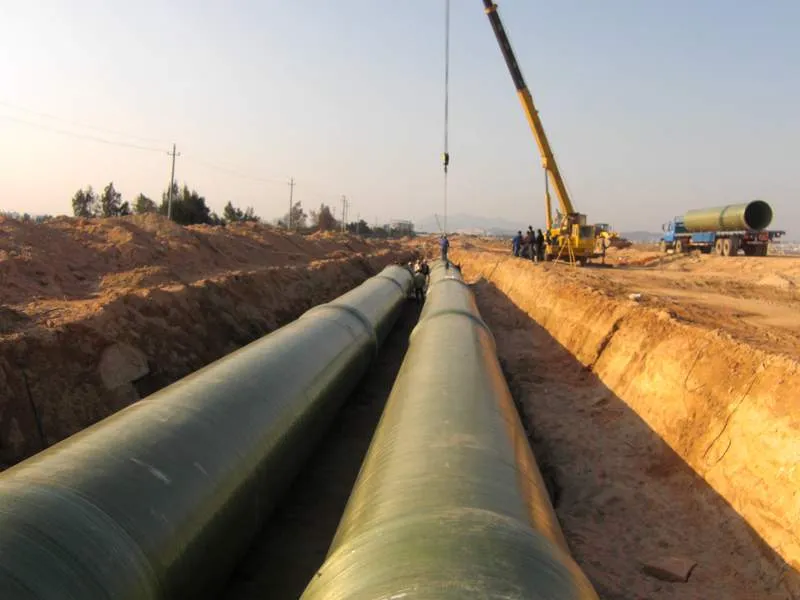
-
 Afrikaans
Afrikaans -
 Albanian
Albanian -
 Amharic
Amharic -
 Arabic
Arabic -
 Armenian
Armenian -
 Azerbaijani
Azerbaijani -
 Basque
Basque -
 Belarusian
Belarusian -
 Bengali
Bengali -
 Bosnian
Bosnian -
 Bulgarian
Bulgarian -
 Catalan
Catalan -
 Cebuano
Cebuano -
 China
China -
 China (Taiwan)
China (Taiwan) -
 Corsican
Corsican -
 Croatian
Croatian -
 Czech
Czech -
 Danish
Danish -
 Dutch
Dutch -
 English
English -
 Esperanto
Esperanto -
 Estonian
Estonian -
 Finnish
Finnish -
 French
French -
 Frisian
Frisian -
 Galician
Galician -
 Georgian
Georgian -
 German
German -
 Greek
Greek -
 Gujarati
Gujarati -
 Haitian Creole
Haitian Creole -
 hausa
hausa -
 hawaiian
hawaiian -
 Hebrew
Hebrew -
 Hindi
Hindi -
 Miao
Miao -
 Hungarian
Hungarian -
 Icelandic
Icelandic -
 igbo
igbo -
 Indonesian
Indonesian -
 irish
irish -
 Italian
Italian -
 Japanese
Japanese -
 Javanese
Javanese -
 Kannada
Kannada -
 kazakh
kazakh -
 Khmer
Khmer -
 Rwandese
Rwandese -
 Korean
Korean -
 Kurdish
Kurdish -
 Kyrgyz
Kyrgyz -
 Lao
Lao -
 Latin
Latin -
 Latvian
Latvian -
 Lithuanian
Lithuanian -
 Luxembourgish
Luxembourgish -
 Macedonian
Macedonian -
 Malgashi
Malgashi -
 Malay
Malay -
 Malayalam
Malayalam -
 Maltese
Maltese -
 Maori
Maori -
 Marathi
Marathi -
 Mongolian
Mongolian -
 Myanmar
Myanmar -
 Nepali
Nepali -
 Norwegian
Norwegian -
 Norwegian
Norwegian -
 Occitan
Occitan -
 Pashto
Pashto -
 Persian
Persian -
 Polish
Polish -
 Portuguese
Portuguese -
 Punjabi
Punjabi -
 Romanian
Romanian -
 Russian
Russian -
 Samoan
Samoan -
 Scottish Gaelic
Scottish Gaelic -
 Serbian
Serbian -
 Sesotho
Sesotho -
 Shona
Shona -
 Sindhi
Sindhi -
 Sinhala
Sinhala -
 Slovak
Slovak -
 Slovenian
Slovenian -
 Somali
Somali -
 Spanish
Spanish -
 Sundanese
Sundanese -
 Swahili
Swahili -
 Swedish
Swedish -
 Tagalog
Tagalog -
 Tajik
Tajik -
 Tamil
Tamil -
 Tatar
Tatar -
 Telugu
Telugu -
 Thai
Thai -
 Turkish
Turkish -
 Turkmen
Turkmen -
 Ukrainian
Ukrainian -
 Urdu
Urdu -
 Uighur
Uighur -
 Uzbek
Uzbek -
 Vietnamese
Vietnamese -
 Welsh
Welsh -
 Bantu
Bantu -
 Yiddish
Yiddish -
 Yoruba
Yoruba -
 Zulu
Zulu
Feb . 14, 2025 19:30
Back to list
Scrubbers
Fiberglass food grade equipment has become a cornerstone in the modern food processing industry, providing an excellent balance of durability, cleanliness, and efficiency. As industries increasingly focus on safety and hygiene, the demand for food-grade materials that offer both structural integrity and safety assurance continues to soar. This transformative shift is anchored by fiberglass, which engineers prefer due to its unique properties that set it apart in the realm of material selection.
Another compelling advantage is fiberglass's environmental friendliness. Unlike metal equipment that may require energy-intensive processes during manufacture and recycling, fiberglass production is generally more energy-efficient, and its longevity reduces the need for frequent replacements, contributing to a lower carbon footprint over time. This aspect aligns well with the growing trend of sustainability within the industry—a factor that resonates with environmentally conscious consumers and companies alike. The reliability and efficiency of fiberglass food-grade equipment extend beyond just functionality. Its implementation reflects a commitment to quality and safety, critical factors that clients consider when choosing suppliers or partners in food production. Vendors providing fiberglass solutions often accompany their products with certifications and a track record of compliance with international safety standards, establishing trust and authority in their offerings. Real-world implementations showcase fiberglass's significant impact on operational performance. For instance, in dairy processing, fiberglass milk tanks maintain structural integrity while ensuring the purity of the dairy products. Similarly, in the brewing industry, fermentation and storage vessels fashioned from fiberglass maintain the superb quality of the beverages due to its inert nature and superior temperature regulation. While fiberglass equipment offers many advantages, selecting the right provider is crucial. Industry expertise, technical support, and customization proficiency are the hallmarks of reputable suppliers. They not only deliver equipment but partner in optimizing the processes, providing insights and adjustments that enhance overall operational productivity. In conclusion, fiberglass food-grade equipment represents the confluence of innovation, safety, and efficiency expertly woven into the fabric of modern food processing. As industries evolve and consumer safety remains paramount, the inclination towards materials like fiberglass that promise and deliver both structural prowess and impeccable hygiene continues to define the future of food production technology. Embracing fiberglass is not merely a choice of material but an endorsement of precision, reliability, and forward-thinking in industrial practices.


Another compelling advantage is fiberglass's environmental friendliness. Unlike metal equipment that may require energy-intensive processes during manufacture and recycling, fiberglass production is generally more energy-efficient, and its longevity reduces the need for frequent replacements, contributing to a lower carbon footprint over time. This aspect aligns well with the growing trend of sustainability within the industry—a factor that resonates with environmentally conscious consumers and companies alike. The reliability and efficiency of fiberglass food-grade equipment extend beyond just functionality. Its implementation reflects a commitment to quality and safety, critical factors that clients consider when choosing suppliers or partners in food production. Vendors providing fiberglass solutions often accompany their products with certifications and a track record of compliance with international safety standards, establishing trust and authority in their offerings. Real-world implementations showcase fiberglass's significant impact on operational performance. For instance, in dairy processing, fiberglass milk tanks maintain structural integrity while ensuring the purity of the dairy products. Similarly, in the brewing industry, fermentation and storage vessels fashioned from fiberglass maintain the superb quality of the beverages due to its inert nature and superior temperature regulation. While fiberglass equipment offers many advantages, selecting the right provider is crucial. Industry expertise, technical support, and customization proficiency are the hallmarks of reputable suppliers. They not only deliver equipment but partner in optimizing the processes, providing insights and adjustments that enhance overall operational productivity. In conclusion, fiberglass food-grade equipment represents the confluence of innovation, safety, and efficiency expertly woven into the fabric of modern food processing. As industries evolve and consumer safety remains paramount, the inclination towards materials like fiberglass that promise and deliver both structural prowess and impeccable hygiene continues to define the future of food production technology. Embracing fiberglass is not merely a choice of material but an endorsement of precision, reliability, and forward-thinking in industrial practices.
Next:
Related Products









